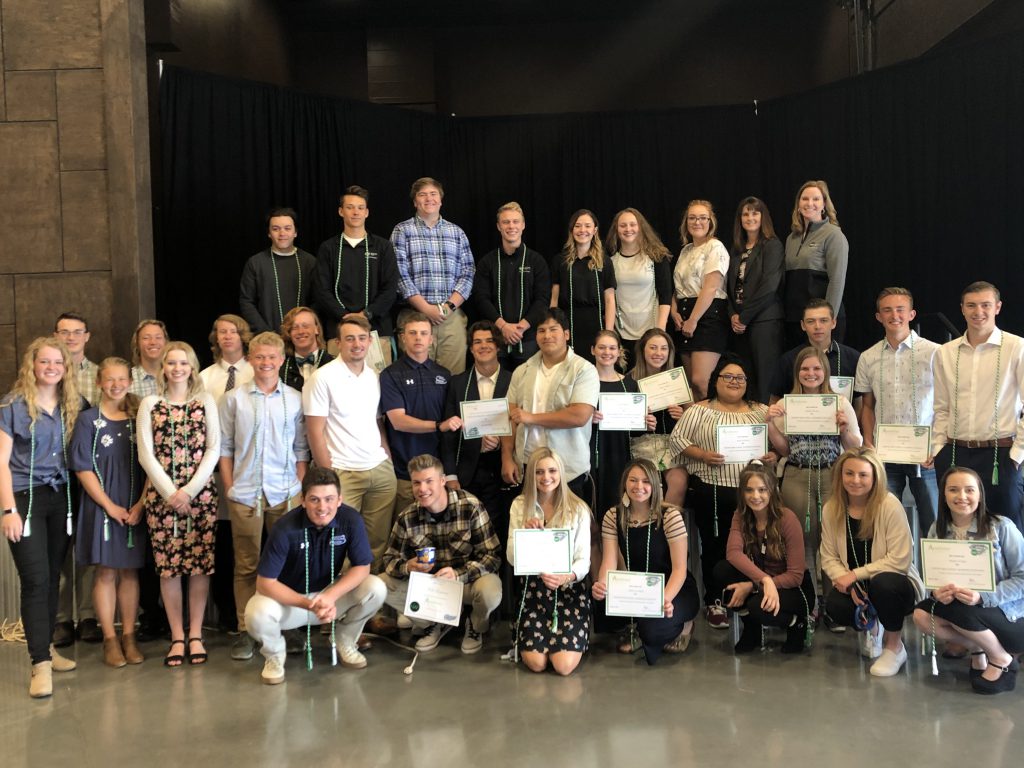Tag: business
Finance program receives national accolades


When Bev Hott started teaching business classes at the Career Technical Center at Skyline High School in 2008, only 12 students were enrolled in her accounting class.
“I taught a web course, a video course and accounting. There was no pathway or progression of courses and students started to ask, ‘Why am I taking this if it doesn’t lead anywhere?’” said Hott.
Hott, an educator with 28 years’ experience, was convinced that the answer to that question lay in giving students the classes they needed to succeed, not necessarily the courses they wanted to take. She also knew students would be more interested in her courses if they were sequenced in a way that related to the careers they were interested in.
After conducting extensive research, Hott found the National Academy Foundation (NAF), a network of education, business and community leaders who work together to ensure high school students are ready for college or a career. NAF’s approach to work-based learning and career exploration appealed to Hott. Every course contains a project component, and students can learn and apply real-world skills, like creating a business plan and pitching it to the advisory committee in the entrepreneurship class.
“We are super excited to reach the Distinguished level. The kids who have participated in the program understand what that distinction means. We want to maintain that status and keep providing this opportunity for our students.”
Bev Hott
“I also liked the fact that if students complete all the courses in the pathway and pass the certification test, they become NAFTrack Certified,” said Hott. “That means they receive preferential interviews at some of the top employers in the nation, like Lenovo, Verizon and Marriott.”
With her supervisor’s support, Hott set out to start a NAF Academy of Finance program at her school and hasn’t looked back. In the time since, Hott’s program has grown from just a dozen students to over 240, which Hott attributes to the hands-on, project-based nature of the curriculum. The program focuses on the financial pathway at its core, but it also incorporates elements of business, community service, career exploration and personal finance.
Students are encouraged to make presentations—complete with business cards—to groups like the Chamber of Commerce, Kiwanis and Civitan International, to explain what they’re doing in the program and ask for support. Through these experiences, students not only learn how to present themselves professionally but also have an opportunity to network with community leaders.
Those connections can lead to internships, visits to employers’ worksites, job shadowing and other opportunities. In fact, every student in the program is required to complete a 120-hour paid internship at the employer of their choice. If the internship is completed, it can count towards their senior project.
“Students get a chance to see what a job would be like and decide if that’s a direction they want to go,” said Hott. “Equally important, students learn that money comes from work; if you don’t work, you don’t get paid.”
Students learn to manage their hard-earned money through the personal finance course.
“It’s actually their favorite course,” said Hott. “We have a lot of guest speakers, and they learn everything from how to make a budget to how to manage credit responsibly.”
Service-learning and community service are also components of the program. In addition to partnering with the school’s student government organization to raise money and collect donations for Community Food Basket every January, they also engage in service projects at their school, like helping set up PSAT testing.
The holistic approach to applied learning and civic engagement has contributed to the program’s overall growth and quality. The program has achieved NAF’s Model level for the past two years and was one of 138 schools nationwide to achieve NAF’s Distinguished level during the 2019-2020 school year. The distinction is earned by annual assessment measures and site visits conducted by distinguished leaders, outside experts and NAF staff.
“We are super excited to reach the Distinguished level,” said Hott. “The kids who have participated in the program understand what that distinction means. We want to maintain that status and keep providing this opportunity for our students.”
 Official Government Website
Official Government Website